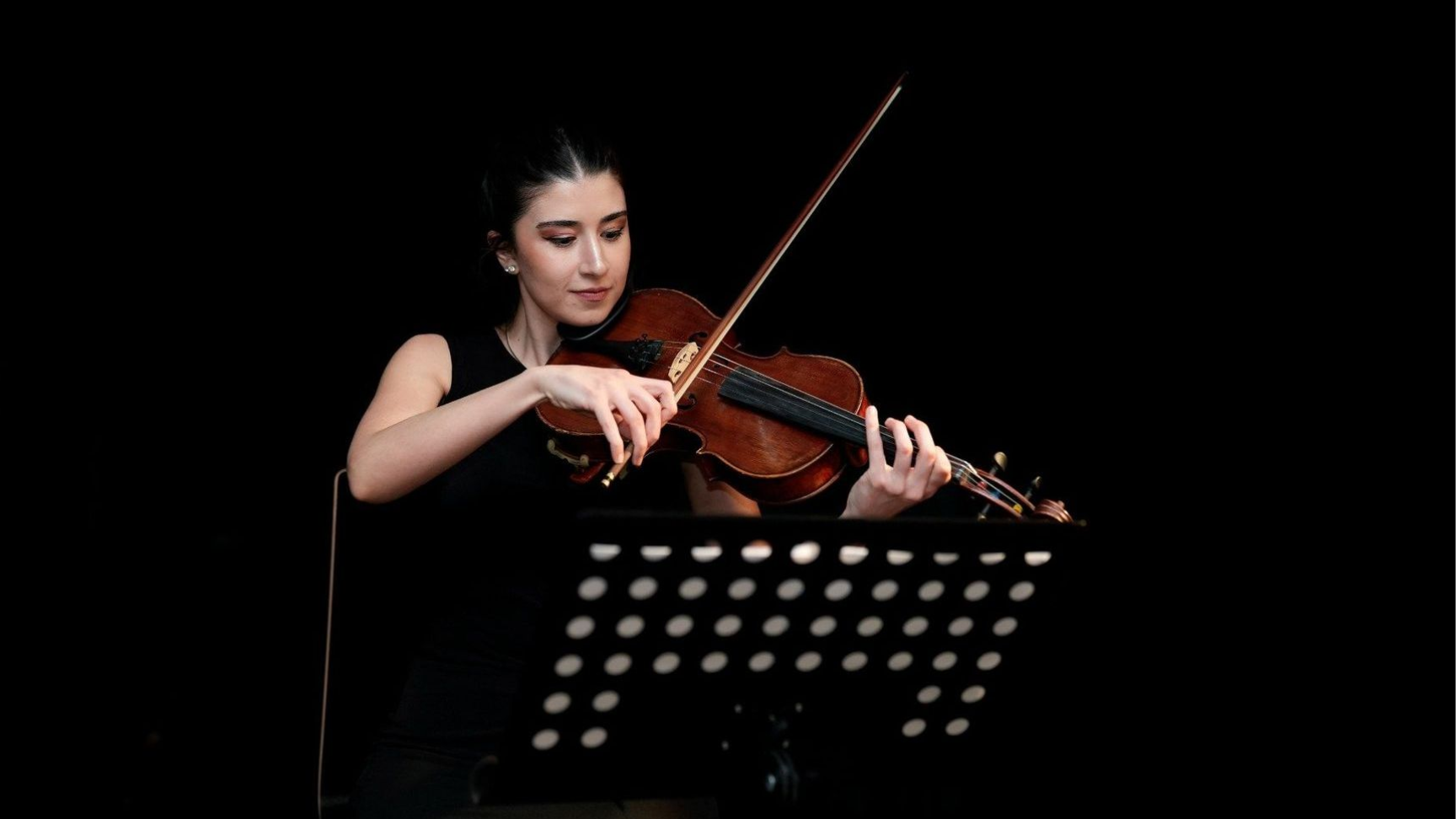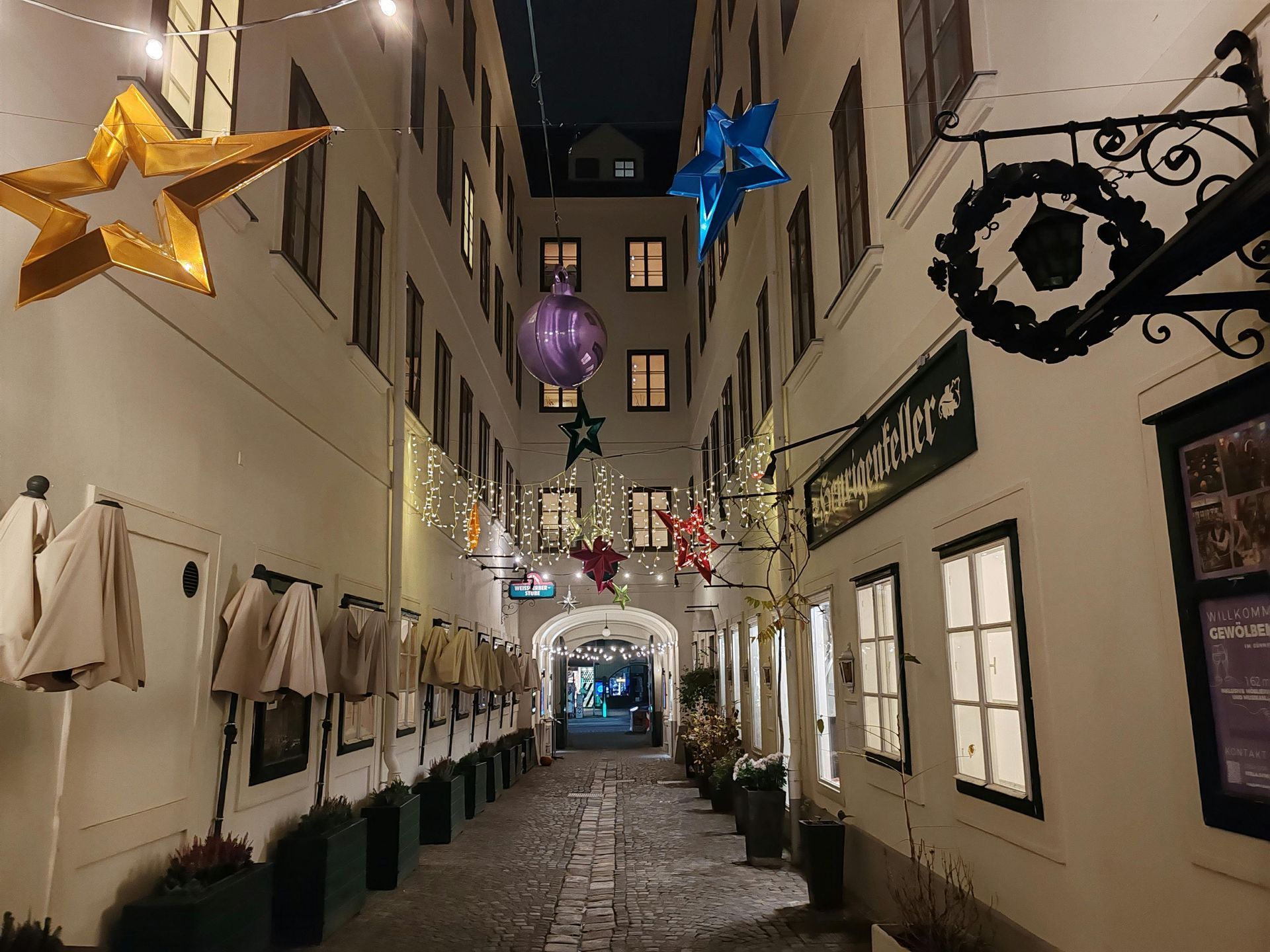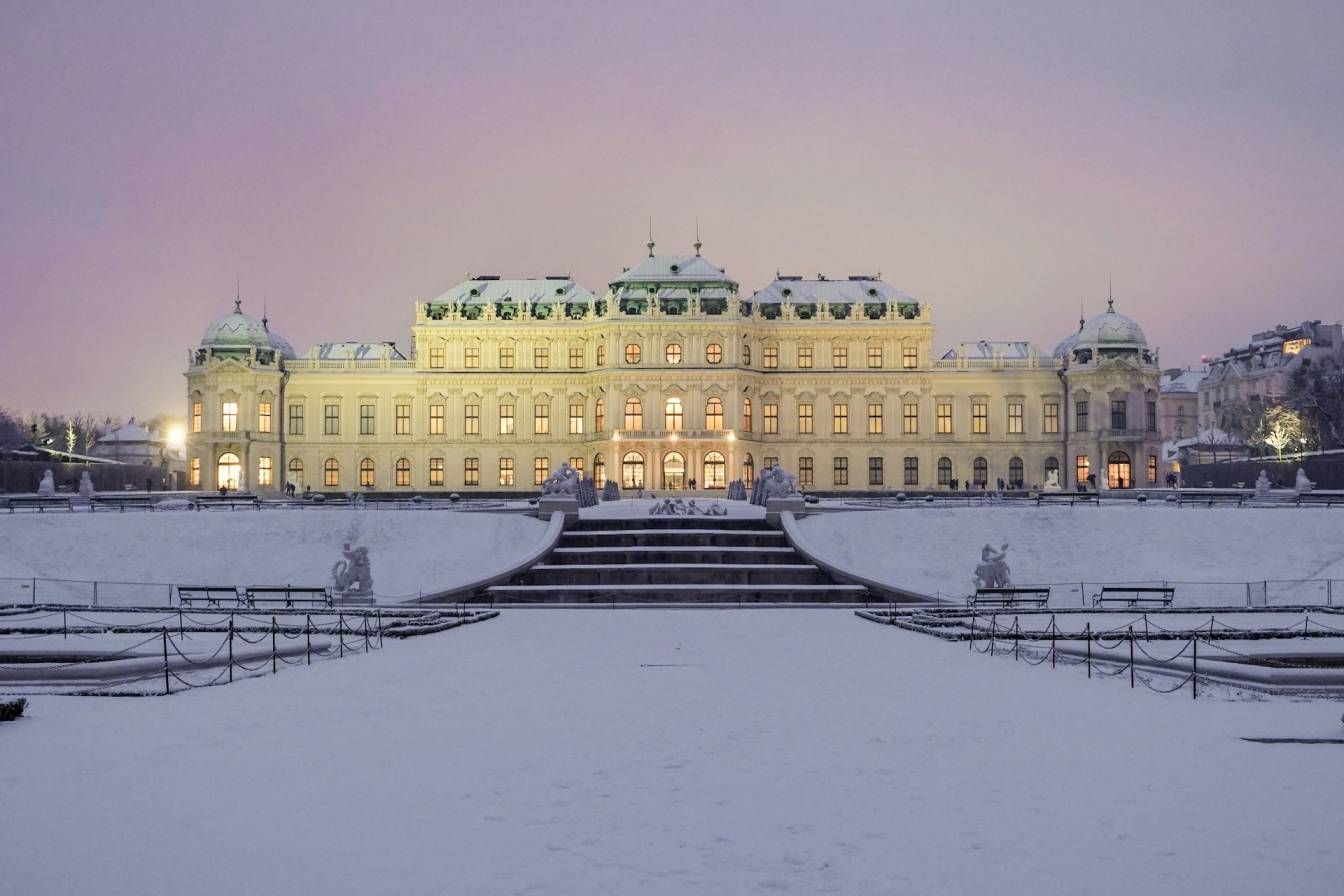A Beginner’s Guide to Wiener Klassik: Experience Classical Music in Vienna
The lights dim. A hush falls over the hall. The first notes of Mozart’s Eine kleine Nachtmusik float into the air, delicate and timeless. You’re in Vienna — the city of music — and for the next 70 minutes, you’re part of its living history.
For many travelers, a classical concert in Vienna is a must. But if you’re new to this world, where do you begin? The answer is simple: the Wiener Klassik Ensemble at Haus der Musik.
What Is Wiener Klassik (Viennese Classicism)?
The term Wiener Klassik — often translated as Viennese Classicism — refers to the golden age of music between 1780 and 1830. During this time, Vienna was home to giants like Mozart, Haydn, Beethoven, and Schubert.
🎵 Did you know?
- Mozart and Haydn were close friends and even played string quartets together.
- Beethoven studied in Vienna and considered it his true artistic home.
- Schubert, a native Viennese, wrote over 600 songs in his short life.
What makes Wiener Klassik special?
- Clear, balanced melodies
- Harmonies that feel both emotional and logical
- Music written for everyone, not just the elite
Even if you don’t know the term, you’ve probably heard its sound — whether in films, weddings, or New Year’s concerts.

Why Choose the Wiener Klassik Ensemble?
Vienna has many concerts, but the Wiener Klassik Ensemble stands out because it’s intimate, authentic, and beginner-friendly.
- 🎻 Perfect length – around 70 minutes
- 🎶 Famous works – Mozart, Haydn, Beethoven, Schubert, Strauss
- 🏛 Central location – Haus der Musik, steps from the Vienna State Opera
- 🌍 Visitor-friendly – bilingual announcements in German & English
- ♿ Accessible – wheelchair, stroller, and mobility support
- 💡
Atmosphere – small hall, close to the musicians, unlike big tourist shows

Program Highlights – Viennese Classics You’ll Hear
The repertoire changes, but you can expect a “greatest hits” selection of Viennese classical music:
- Mozart – Eine kleine Nachtmusik
- Haydn – Emperor Quartet, The Joke
- Beethoven – Ode to Joy
- Schubert – Ave Maria, Death and the Maiden
- Strauss – Blue Danube Waltz, Radetzky March
🎵 Tip for beginners: Listen for repeating themes — that’s how composers built drama and beauty.

Practical Tips for Your Concert Night
Dress Code
Many wonder about the Vienna classical concert dress code. The answer: smart casual. Think neat and slightly elegant. A tuxedo or gown is not required.
Arrival & Atmosphere
Arrive 15–20 minutes early. Photography is allowed before/after, but not during the performance.
Family & Accessibility
Children under 6 can attend for free if seated on a parent’s lap. The hall is fully accessible.
Why This Concert Is Perfect for Beginners
If you’ve never been to a classical music concert in Vienna, this one is ideal:
- 🎶 Short, engaging program
- ⭐ World-famous works you’ll recognize
- 🌍 Warm introductions in English & German
- 🏛 Central, easy-to-reach location
💡 Pro tip: Combine your concert with dinner nearby, then enjoy a night stroll past the Vienna State Opera. It’s the perfect evening itinerary.
FAQs – Classical Concerts in Vienna
What is Wiener Klassik?
t means “Viennese Classicism,” the golden era of Mozart, Haydn, and Beethoven in Vienna (1780–1830).
How long is the Wiener Klassik Ensemble concert?
About 70 minutes.
Do I need to dress formally?
No — smart casual is perfect.
Is it family-friendly?
Yes. Children under 6 can join free if seated on a parent’s lap.
Where is the concert held?
At Haus der Musik, centrally located near the Vienna State Opera.
Is it touristy?
Unlike mass concerts in big halls, this one is intimate and authentic.
Conclusion – Step Into Vienna’s Musical Soul
Vienna is unlike any other city in the world when it comes to music. Attending the Wiener Klassik Ensemble at Haus der Musik is more than just a concert — it’s stepping into the very soundscape that shaped European culture.
👉 Book your Viennese Classical Masters Concert today and let the magic of Mozart, Haydn, Beethoven, Schubert, and Strauss create your unforgettable evening in Vienna.









